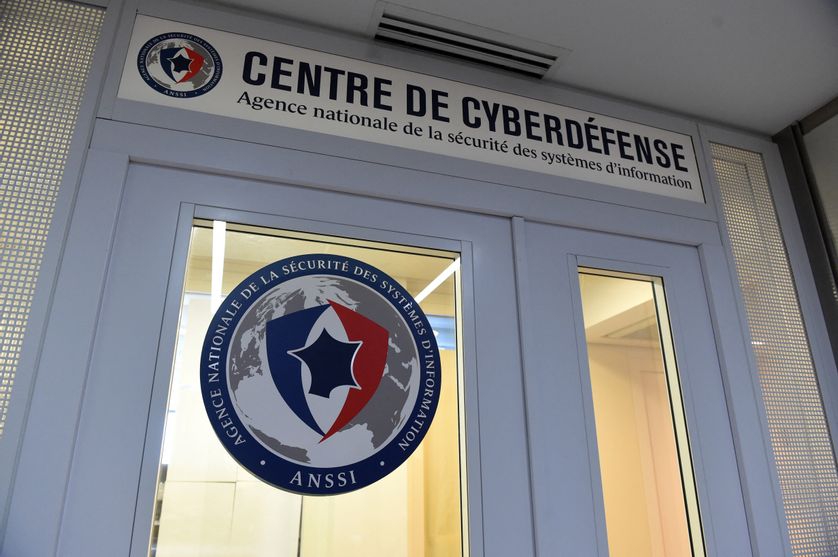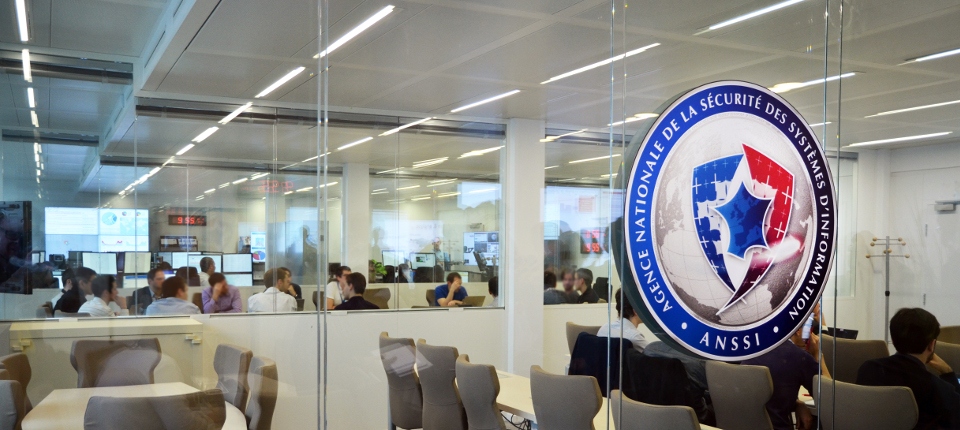
The annual report on cyber threats in France by the French government
The government's cyber-malveillance platform.
Gouv.fr has made an activity report available to the public for the year 2020. A report that reports a very high trend in attacks on ransom software.
This article will also interest you: Ryuk: the French cybersecurity policeman publishes his report on Ransomware
We remember that in 2020, the state service responsible for assisting in preventing in the digital security sector in France, with an overhaul of its platform and at the same time optimized its strategy in terms of content, so that it is adapted to media and also to the general public. In another sense, there has been a lot of work on the part of the platform. There was a large presence of the latter on social networks, there were about 260 communications including 41 alerts.
In addition, there was an increase in attendance in 2020 not only by individuals seeking assistance. In addition to the presence on social networks and the redesign of the online platform, we were able to witness the launch of the ExpertCyber label, which allows to rank the various experts in the field name of computer security, in this case in sectors such as assistance and maintenance the installation of computer solutions, support for local communities for associations or even companies in the process of securing.
In terms of requests for assistance, the government platform has seen a 150% increase in attendance for the year 2020. It had 1.6 million visitors in the previous year, compared to 144,000 visitors in 2017, 200,200 for 2018 and 483,400 in 2019.

"While this growth is linked to the development of the platform's reputation, it is also a sign of a real public interest in the services offered. The work of enriching and accessibleing resources and content carried out during the year also explains this growth" explains the platform Cybermalveillance.gouv.fr
– 88% of support searches are carried out by individuals compared to 10% for associations and private companies
– 2% of assistance searches are for local authorities and public administrations
– 150,000 people, that's the exact number of people who searched for assistance on the government platform.
The computer threats that worried the French the most during the year 2020 include phishing and ransomware attacks. Indeed, it was observed that 17% of individuals approached the concept of phishing. It places itself in these conditions in the first position as a demand and research on the platform. Just behind is online account piracy with 12% of searches. A threat that is in one way or another necessarily related to phishing. In third place we have computer hacking, which accounts for 9% of searches. In 4th position for 8 percent of the blackmail searches on the webcam. In last position are virus-related threats for 4 percent of the research.
For professionals, the main research in terms of assistance concerned of course attacks based on ransomware.
– In sum, they account for 17% of research by associations and private companies and 19% for public administrations and local authorities
– In second place were research on computer hacking for 16% of companies and associations and 13 percent for public administrations and local authorities.
Objectively it is clear that ransomware hit French organizations hard during the year 2020.
The main cause of the intensification of computer attacks and the health crisis to coronavirus. Indeed, we remember well the usual practice upheaval towards remote collaboration in a need for continuity during the general containment of populations around the world. Telework was unfortunately adopted in haste thus opening many gateways to cybercrime.
"Led by the Public Interest Group (PIG) ACYMA, the Cybermalveillance.gouv.fr system is now and more than ever driven by these three missions: assistance to victims of cyber-malveillance (with contact with local providers), public awareness of digital risks (through digital security prevention content and campaigns) and digital risk observation , which allows us to better anticipate the latter. Cybermalveillance.gouv.fr Report concludes.
Now access an unlimited number of passwords!